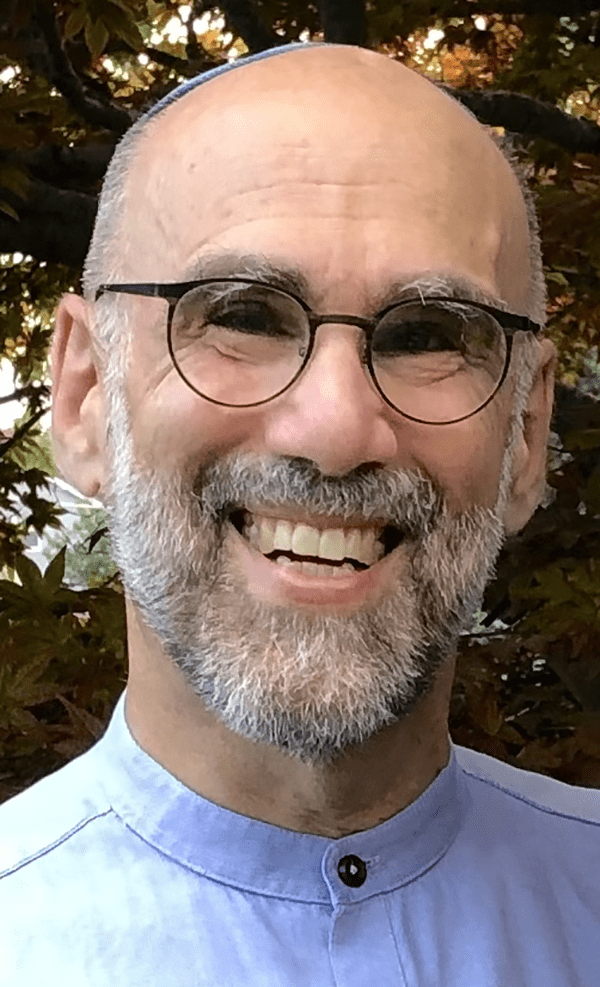Parshat Lech-Lecha 5785
We make assumptions about others based on what we see: what they wear, what they drive, their work, past-times… And we project upon the other who passes our superficial entrance exam what we want them to be — i.e., more like us!
Breath (Yizkor KN5785)
My recent posts...
Can You Hear Me (KN 5785)
My recent posts...
Yom Kippur Singing
My recent posts...Over the decades, I have composed melodies for some of the texts we use in our prayer services. (I've written English interpretations of the texts for a few of them.) Some of them are posted here so we can sing them together at Shirat Hayam and, even...
Close Encounters
Moshe espies a burning bush in the wilderness. Curious, Moshe approaches the bush. Adonai (God) calls out to him, “Do not come closer! Remove your sandals from your feet, for the place on which you stand is holy ground!” (exodus 3:5) It’s a good thing Moshe was told that he was on holy ground, for there seems to have been no indication of it. Moshe is not told about how long the ground would be holy nor where the holy ground ends (so that, at least, he can put his sandals back on). God continues speaking, charging Moshe with leading the Israelites from Egyptian bondage to freedom.
Moshe is not necessarily happy about the mandate, but he follows it. “The earth, and all that is in it, is Adonai’s,” declares the Psalmist (24:1). We are reminded, poetically in Psalms and straight out in Torah, that we are tenants, residing here by the good graces of our land Lord. The issue of land ownership in the Promised Land is unsettled in the Torah description of the Jubilee, in which land holdings revert to those initially granted them. The issue of land stewardship is less ambiguous, and in many respects we are told, “you are not to pollute the land in which you live.” (numbers 35:33) This “pollution” is at least as much moral as it is physical, but the message is still powerful: pollute the land and it will “spit you out.” Again, from Psalms: “The heavens are heavens for Adonai, and Adonai gave the earth to humankind.” (psalms 115:16) This planet is ours, and ours alone, to maintain, exploit, preserve. Just down the street is the ocean shore, and I am in awe of the waves and the vast waters they edge. I am grateful that my kitchen faucet dispenses clean, safe water. And I am reminded often that the water we have on this earth is the water that was at creation; it has been with us from the start, and it is all the water we will ever have. The same can be said of the dirt, of the rock, of the air; we abuse them, we pollute them at our peril. It is not only the Promised Land of Israel that can “spit out” its inhabitants for morally contaminating the land. We can be driven from where we live, and from how we live, by the ways we physically – and, by extension, morally – pollute our land. We could view wildfires, clear-cutting by means of fire, creeping desertification, drought, increasing temperatures as burning bushes: the ground is holy but we are not listening. We would do well to take off our shoes, take a deep breath, drink some water, go for a walk on the beach and hear the voice of God.
Take a big, deep breath. It’s Shabbat!


